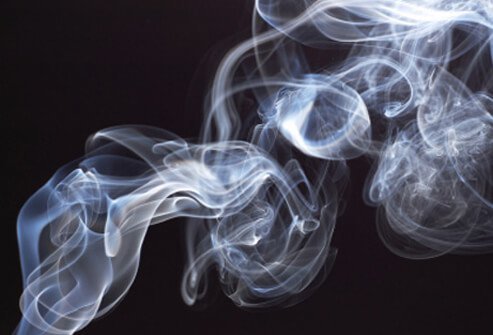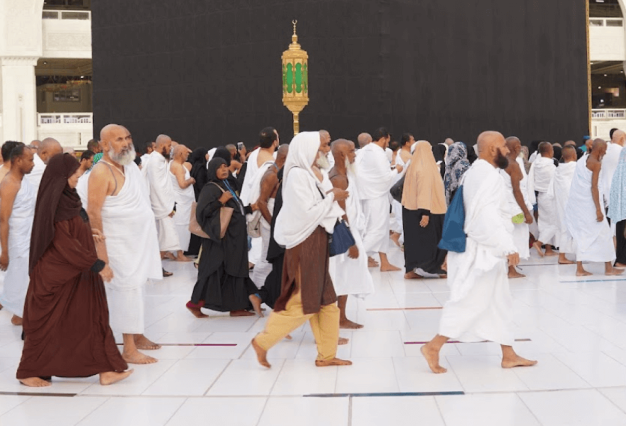Answered by Shaykh Yūsuf Badāt
Question:
Does smoking invalidate wudu?
Answer:
Jazākumullāhu Khayran/ Thank you for your question.
Smoking is generally considered reprehensibly disliked and prohibited in Islam. One should try their best to let go of this habit.
In response to your concern, note that the wudhū (ablution) will not break due to smoking. This is because none of the below mentioned nullifiers of wudhū occur through such an action.
Nullifiers of Wudhu
- Anything which exits from the front and back passage of the private parts
- The flowing of impurity from anywhere else other than the front and back passage of the private parts, such as blood and puss
- Vomiting a mouthful of food, water, blood clots or bile
- To sleep lying down, reclining, on one’s side
- Losing consciousness
- Losing one’s sanity
- Becoming drunk
- Laughing aloud during ṣalāh excluding the funeral prayer
Abū Hurayrah (may Allāh be pleased with him) reported, “The Prophet (peace and blessings upon him) said, “The prayer of one who breaks his wudhu is not accepted until he performs the wudhū.”
A man from Ḥadramaut asked, “What breaks the wudhū O Abū Hurayrah?”. He said, “All forms of wind and matter excreted from the private parts.” (Bukhārī & Muslim)
The Prophet (peace and blessings upon him) said, “Wudhū is necessary due to flowing blood.” (Dār al Quṭnī)
‘Ᾱysha (may Allāh be pleased with her) narrates that the Prophet (peace and blessings upon him) stated, “Whoever experiences vomit, nose bleeding or discharge, he should turn away (from the prayer) and perform wudhū.” (Ibn Mājah)
Abū Hurayrah (may Allāh be pleased with him) reported, “The Prophet (peace and blessings upon him) said, “When a person reclines and sleeps, he should perform wudhū” (Bayhaqī)
Abū Musa (may Allāh be pleased with him) said, “The Prophet (peace and blessings upon him) led people in prayer…some people laughed during the ṣalah. The Prophet (peace and blessings upon him) instructed, “Whoever laughed must repeat his wudhū and prayer.” (Ṭabrānī)
“Or if you have been intimate with women” (Qur’ān 5:6)
(See: Nūr al Idāḥ, I’ilā al Sunan & Ᾱthār al Sunan)
And Allāh Knows Best




